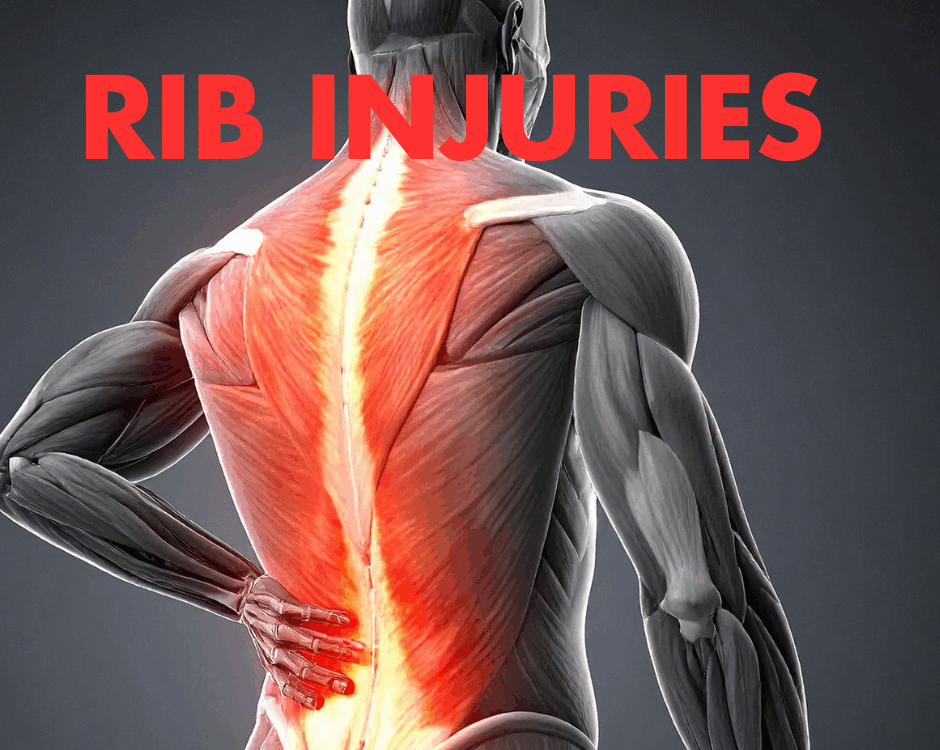Broth Vs Stock

2025 Travel Tips for the Holidays
November 18, 2025
Reflexes and Car Accidents – What’s the Relationship?
November 18, 2025- Accident doctor
- accupuncture
- airplane headache
- alzheimer's
- best habits
- Brain Injuries
- car accident
- car accidents
- cervical strain
- colds
- concussion
- Concussions
- disc bulge
- dosage meds
- dry needling
- dull pain
- E bike injuries
- florida
- good posture
- headaches
- Headrest positions
- Headrest positions after an accident
- Healthy choices
- Healthy flying
- healthy gift guide
- Healthy SPring Ideas
- hip pain
- hyperextension
- injury doctor
- insurance
- Kayaking
- kentucky
- kids motion sickness
- lifestyle
- motion sickness
- neck injury
- no fault insurance doctor
- noise healing
- osteoporosis
- pain symptoms
- pink noise
- posterior chain
- posture
- prevent osteoporosis
- Rest
- Scoliosis
- shoulder pain
- Stress with kids after a motor vehicle accident
- TBI
- tips
- tmj
- torn muscle
- Traumatic Brain Injury
- trigger points
- VitaminD
- What are Post Traumatic headaches?
Difference between Broth and Stock
It is Soup Season! Something warm and hearty to eat when the weather cools down outside. But when following a recipe and it lists either broth or stock, do you know the difference? And are they interchangeable to use? Dr. Chandra Cunningham, a member of one of the highest rated car accident medical doctor care providers in Kentucky, shares with us the difference between broth and stock.
Broth, also known as bouillon, is a light, thinner and more flavorful liquid. Broth is made when meat, meat bones, fish, and/or vegetables are simmered in water for a short amount of time. Broth is lower in calories and fat due to the shorter cooking time. Broth itself can be consumed on its own but usually it is used as a base in soups and stews but also to enhance flavoring in other foods.
Stock is a thicker, richer, and more gelatinous flavored liquid. Stock is made when bones and/or vegetables are simmered in water for longer amounts of time. The longer cook time releases collagen, protein, vitamins, and minerals, making the liquid thicker but also more nutritious. Stock is used as a base in soups, stews, and sauces.
Bone Broth is made from simmering meat bones for longer than 12 hours, which releases protein, collagen, and minerals, such as calcium and magnesium, from the bones. Bone broth helps with gut health and is also a good source of protein, helping in muscle recovery.
Broth and stock can be interchangeable but depending on what you make, one or the other is more appropriate to use. Since stock is thicker and richer, it is best for hearty soups and stews. And since broth is lighter and thinner, it is best in soups and foods that require more of a ‘liquid’ consistency.
To save time, broth and stock can be bought at any store but homemade is more beneficial. By making your own, you control what goes into making that broth and stock—types of meat or vegetables and the seasoning. Homemade broth and stock are also a more flavorful product and has less preservatives, additives, chemicals, and sodium than the store-bought ones.
— This article is written by Chandra Cunningham, DC, one of the members of Chambers Medical Group’s team of car accident chiropractors who offer a variety of treatments and therapies ranging from diagnostic testing to various soft tissue therapies for car accidents and injuries in Kentucky.




